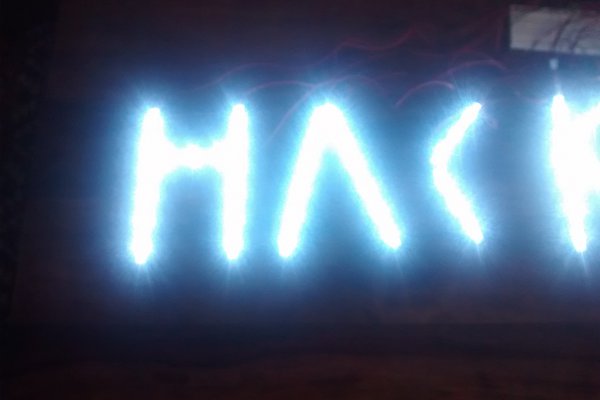We pay for our convenience
Eröffnung:
Laufzeit:

Where has all the data gone, when we cannot see it any longer? It is convenient yet tricky to consider this question unimportant. One could simply surrender to the resentful noise of data, rather than facing it. But facing does not necessarily mean to completely reject digitalized communication or technology nor does it mean to abstain from its inherently empowering effects. For now it could implement solely the careful reading of all traces we have left behind. To subsequently cover these traces, blur and smudge them rigorously. This might sound like nasty household chores, but indeed can be fun. At least the surveillance camera installation 'mole position' suggests that it can be fun as it offers playful ways to cover and escape.
No worries, even the 'data couch' modules in the entry room carry dark secrets – those who have seated themselves conveniently might lack the right distance to decode it. Will we once have to pay for our convenience? Convenience in form of facebookish purring and googlish snuggle? Or should one rather bear one's teeth? Should one kick, resist, change?
Hacking is a practice of subversion. Thinking something differently, than it was intended to be thought. Making a hotwater bottle into a teapot, the heel of your shoe into a hammer, an email into poetry. People who know how to help themselves often coincide to be people who enjoy coming together – it is these people, who cultivate openness as the least common denominator among those in the same boat. If it is two of us, we collectively find smarter ways than individually. If it is three of us we become an institution in no time. Then what next? How can we maintain, nurture, foster and upgrade these created structures? The exhibition title MINISTRY OF HACKING mounted to the front display window strikes the eye and suggests that institutionalization can emerge horizontally rather than merely vertically. The MINISTRY OF HACKING glows in promising light: does it lure to political action, critical DIY spirit, to carve out freedom and to re-consider certainties? The interactive LED stripes are part of the installation 'data shadow', that is flickering in correlation to passing pedestrians thanks to sensible light sensors on the front. The pedestrian's shaddow creates a data shadow that diminishes the LED stripe's brightness. However, each department within the ministry can stand alone and the whole is more than the sum of its parts. We counter the insistently conformist zero-sum game through inexhaustible transformation, fed through the rich differences among the international artists and as well the diverse visitors. The MINISTRY OF HACKING transforms itself. The installations are site-specific and mutate through the course of the exhibition. Artists debate theory close to their hearts and in this process are altered themselves, interventions transform the exhibition space through realizing a variety of situations. The fluidity within the MINISTRY OF HACKING crystalizes in form of new securities and subject positions. For example the one of the 'feminist hacker', who works with female connoted free hardware, as the Lilypad Arduino or the Raspberry Pi aimed to democratize technology. All circuits are visible and make their making transparent, nothing is hidden behind fancy interfaces. We use this technology not lightheaded, but bear Audrey Lordes ‘The Master’s Tools will Never Dismantle the Master’s House’, in our minds (Lorde, 1979). All struggle with self-made hardware, free software and stored data is a struggle within a contextualizing culture, in the middle of which the ministry generates itself from distributed perspectives.
